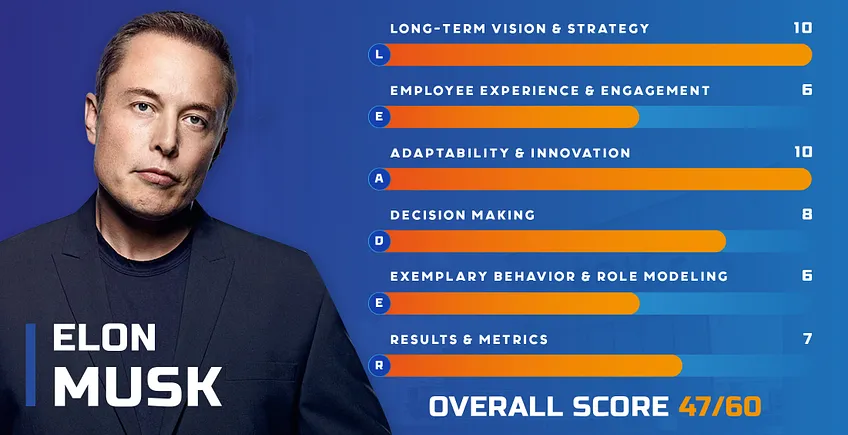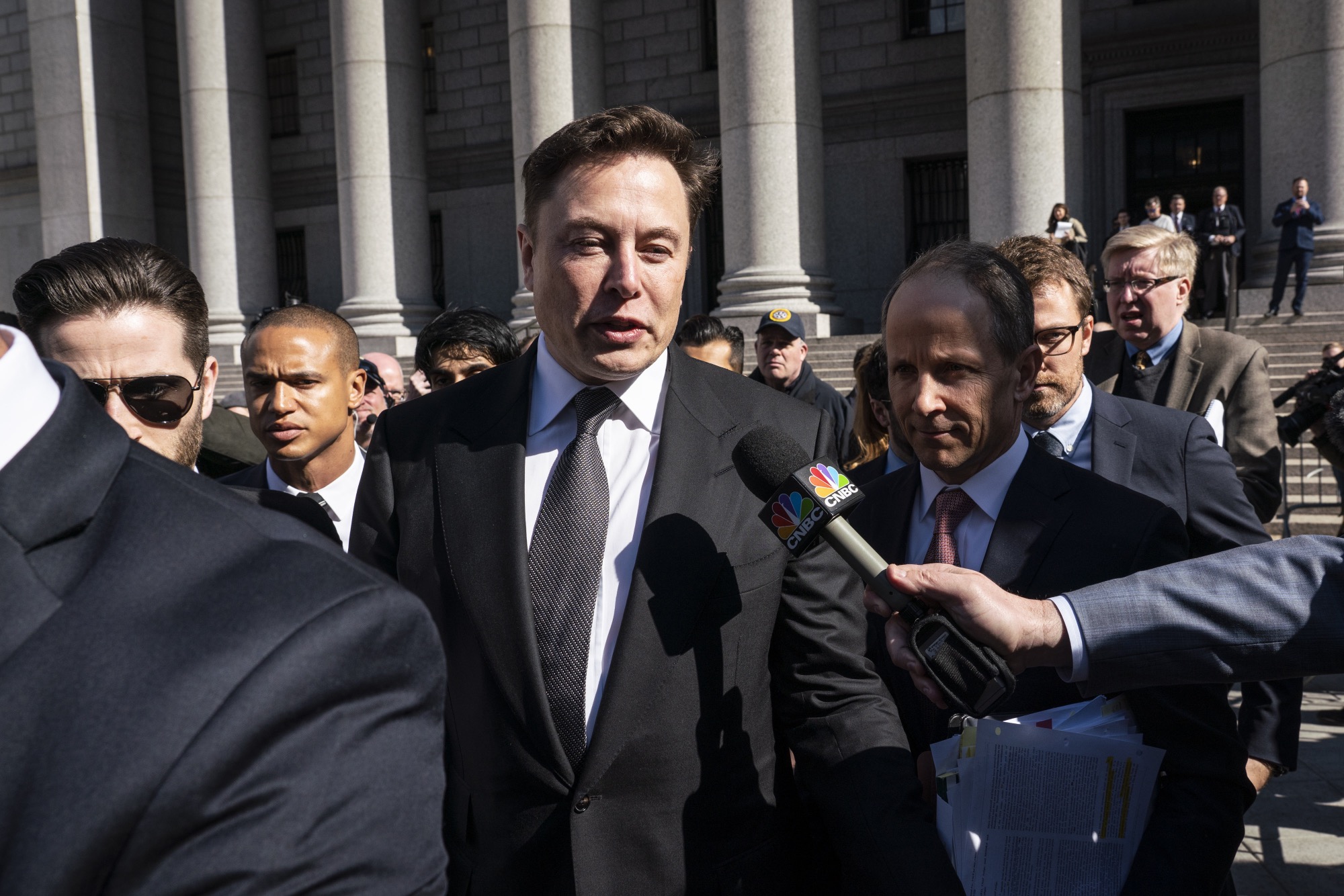Why Is Elon Musk Destabilizing UK and EU Politics? | Economic and Geopolitical Analysis
By LitheralHub | January 21, 2025
Table of Contents
1. Introduction
Elon Musk, the world’s richest man and CEO of companies like SpaceX, Tesla, and X (formerly Twitter), has increasingly inserted himself into the political landscapes of the UK and the European Union. While his public rhetoric often focuses on themes like “free speech,” “Western civilization,” and anti-wokeness, the driving force behind his actions appears to be far more pragmatic: economic self-interest.
Musk’s businesses—ranging from satellite internet (Starlink) to social media (X)—rely heavily on favorable government policies, regulatory leniency, and state patronage. However, new EU and UK regulations, such as the Digital Services Act (DSA) and the Online Safety Act, threaten to impose stricter oversight on his operations, particularly in the realm of content moderation and algorithmic transparency. In response, Musk has embarked on a campaign to destabilize EU and UK politics, undermine regulatory frameworks, and install leaders sympathetic to his worldview.
2. Economic Interests and Regulatory Avoidance
Musk’s businesses—including SpaceX, Starlink, Neuralink, and X (formerly Twitter)—rely heavily on government contracts, regulatory approvals, and favorable policies. For example:
- SpaceX depends on NASA and Pentagon contracts, while Starlink requires international spectrum licenses.
- X faces mounting costs under the EU’s Digital Services Act (DSA) and the UK’s Online Safety Act, which mandate content moderation, fact-checking, and transparency in algorithmic recommendations. Compliance would erode profits and limit Musk’s control over the platform as a propaganda tool.
“Resisting regulations allows Musk to avoid expenses tied to in-house moderation teams and third-party fact-checkers.”
Musk’s satellite business, Starlink, also benefits from lax regulations. By avoiding oversight, he can maintain a first-mover advantage in the satellite internet market, which is crucial for his long-term dominance in the sector.
Additionally, Musk’s investments in AI and low-orbit satellites depend on state patronage and regulation. By aligning with political leaders who share his deregulatory agenda, Musk ensures that his businesses remain insulated from competition and oversight.

3. Propaganda Power and Political Alliances
Musk transformed Twitter into a propaganda megaphone, amplifying narratives aligned with his interests. Examples include:
- Boosting anti-EU sentiment to weaken regulatory cohesion.
- Promoting “free speech” rhetoric that tolerates private censorship (e.g., suppressing critics while elevating pro-Musk content).
His alliance with Trump is transactional. By supporting Trump’s 2024 campaign, he gains leverage over U.S. policy (e.g., tax breaks, defense contracts) and indirectly influences EU/UK politics through transatlantic alliances.
“Musk’s communication platform is now a powerful and almost entirely opaque propaganda platform, which will shortly be at the disposal of the American president.”
This alliance also allows Musk to position himself as a defender of free speech, a stance that resonates with Trump’s base and provides Musk with access to political power.

4. Undermining EU and UK Regulatory Frameworks
Musk is targeting the Digital Services Act (DSA) and Online Safety Act:
- The DSA requires platforms to mitigate systemic risks (e.g., election interference, hate speech). X has refused to comply with EU demands for internal documents on recommendation algorithms.
- In the UK, the Online Safety Act imposes similar obligations, threatening Musk’s ability to operate X as an opaque, engagement-driven platform.
Musk’s tactics include:
- Funding Eurosceptic parties to fragment EU unity.
- Amplifying divisive content (e.g., anti-migration rhetoric) to destabilize political balances.
These actions are designed to weaken the regulatory frameworks that threaten his business model, ensuring that X remains a powerful tool for propaganda and political influence.

5. Geopolitical and Ideological Conflicts
The EU views platform regulation as essential to protecting democracy and countering foreign influence (e.g., U.S. tech dominance post-Snowden). Musk’s resistance is framed as an attack on Europe’s digital sovereignty.
“Musk promotes a U.S.-centric free speech model that conflates state censorship with private platform moderation.”
This approach clashes with the EU’s philosophy, which permits regulated, independent oversight of speech to protect citizens and democracy.
Moreover, Musk’s actions have global implications. By undermining EU and UK regulations, he sets a precedent for other regions (e.g., Africa, Asia) where he seeks to expand Starlink and X’s influence.

6. Long-Term Business Strategy
Musk aims to cement dominance in sectors like satellite internet (Starlink) and AI before competitors emerge. Political instability in the EU/UK could delay rival regulations (e.g., antitrust measures, data localization laws).
By weakening EU/UK regulations, Musk sets a precedent for other regions (e.g., Africa, Asia), where he seeks to expand Starlink and X’s influence.
This long-term strategy ensures that Musk’s businesses remain insulated from competition and oversight, allowing him to maintain his position as a dominant player in the tech industry.

7. Criticisms and Counterarguments
Supporters argue Musk champions free expression against bureaucratic overreach. However, the article dismisses this as a smokescreen for profit-driven deregulation.
“Musk and Zuckerberg are promoting a version of free expression that defines censorship purely in terms of state action and is highly tolerant of censorship by private actors.”
Critics argue that Musk’s actions undermine democratic safeguards and prioritize corporate interests over public discourse.

8. Conclusion
Musk’s destabilization of EU/UK politics is a calculated strategy to shield his enterprises from oversight, reduce operational costs, and consolidate power. The outcome hinges on whether EU/UK institutions can withstand this pressure and uphold regulatory frameworks designed to protect public discourse.

Elon Musk, UK politics, EU politics, Digital Services Act, Online Safety Act, X platform, propaganda, free speech, regulation, SpaceX, Starlink, Trump alliance, LitheralHub, political analysis, economic motives, geopolitical strategy.










